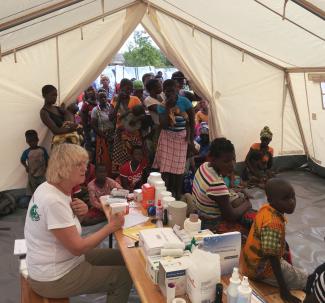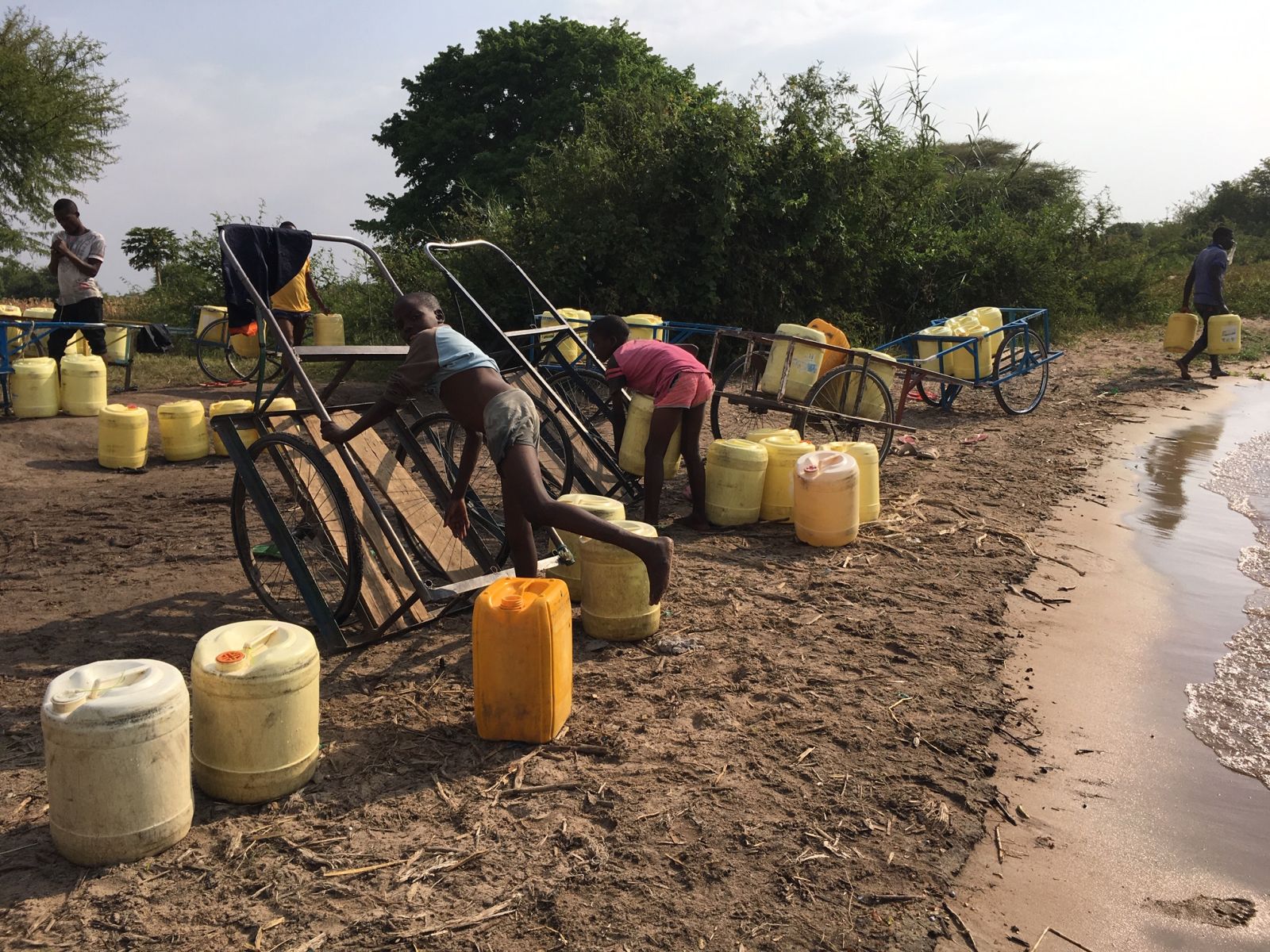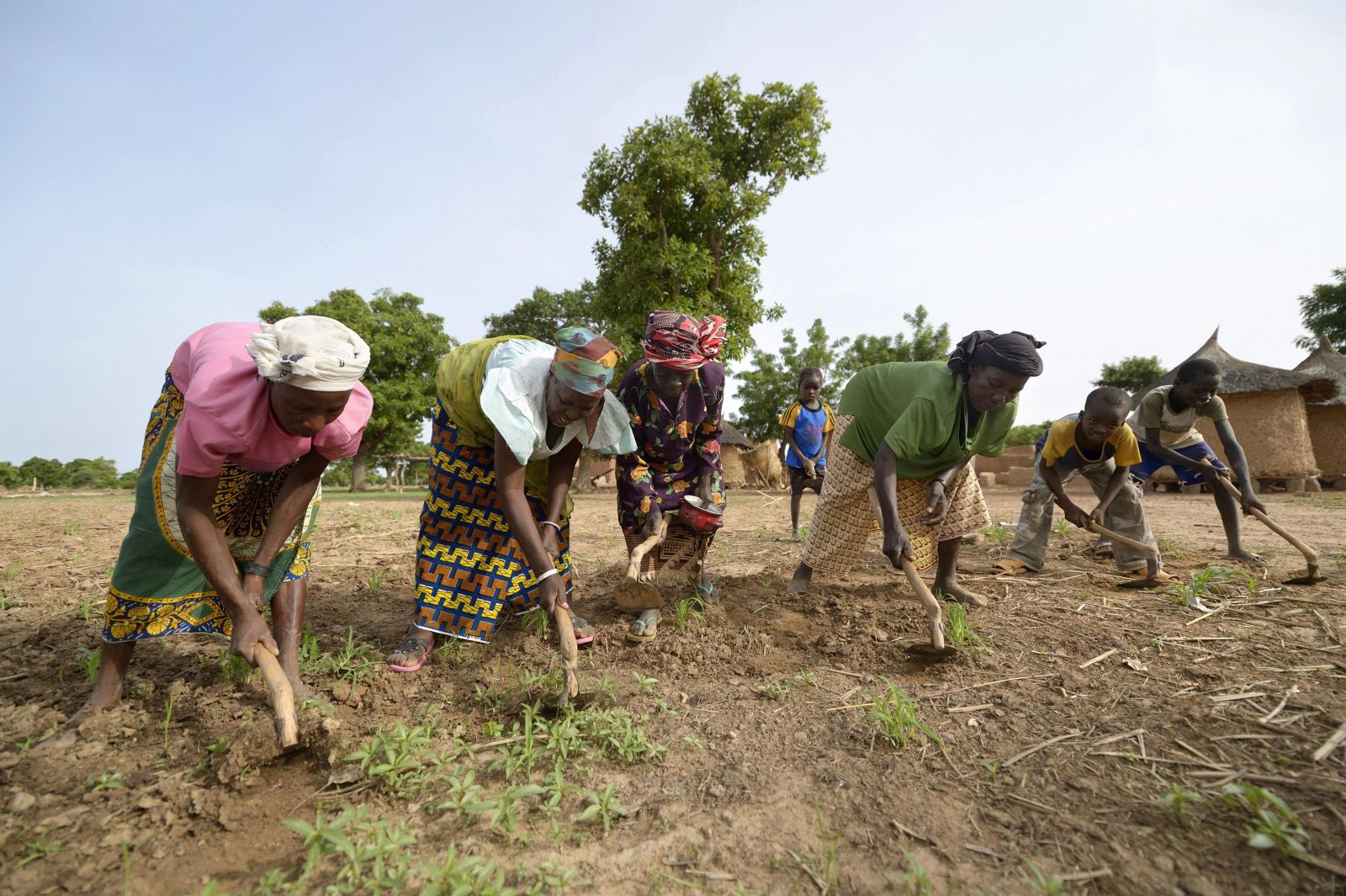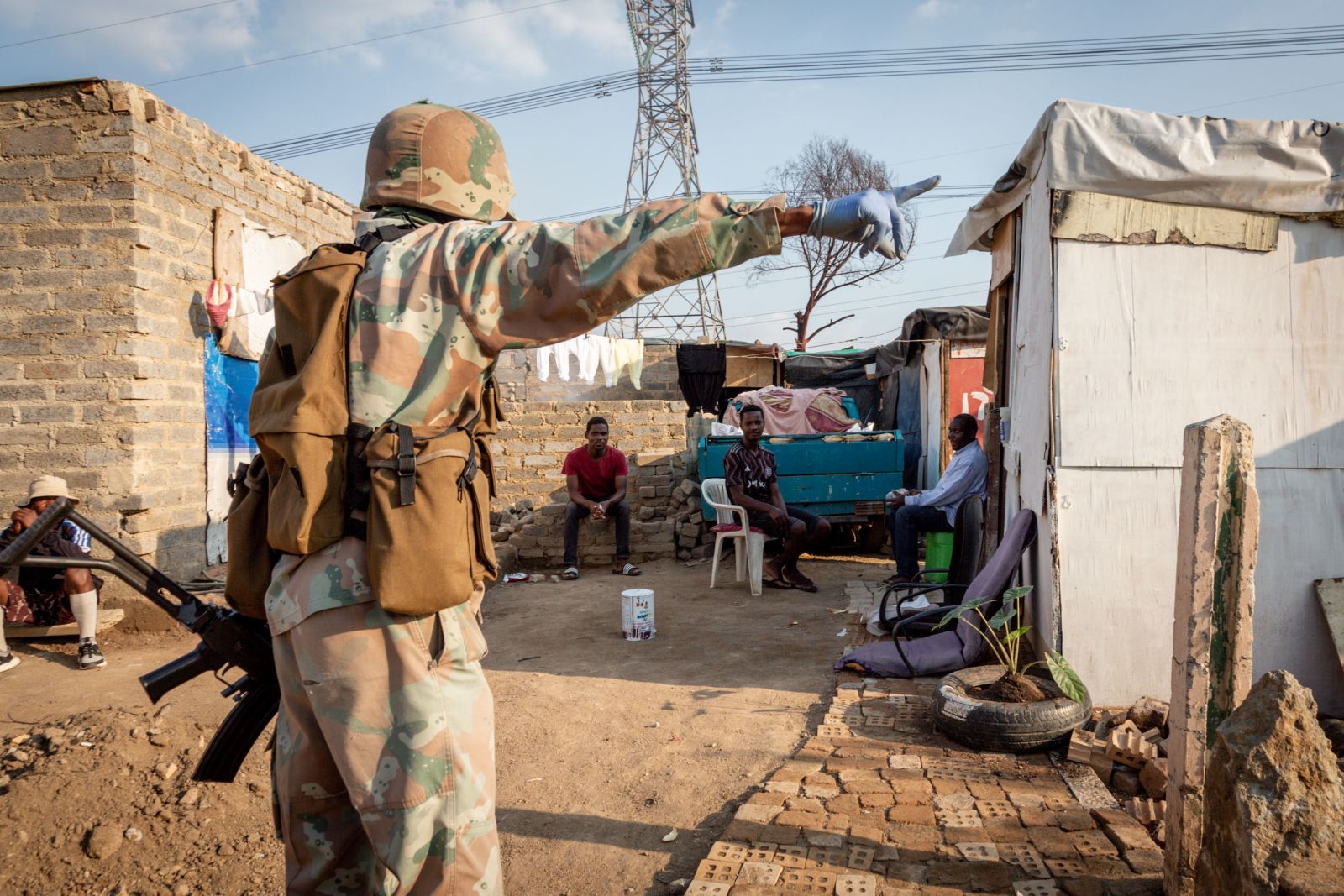Pharmacists in development cooperation
Essential experts

The relevance of pharmacists is sometimes underestimated. Though their professional training does not enable them to diagnose diseases or set broken bones, pharmaceutical therapies are among the most important methods for treating patients. On top of providing reliable medications like antibiotics, painkillers or malaria pills in emergency situations, they also tell patients about proper usage. The tasks pharmacists perform include fighting counterfeit medicines, providing further education for health professionals and advising other health professionals on treatments as well as optimising storage and procurement logistics.
Pharmacists work closely with doctors during missions and projects. Around the world, however, there are fewer pharmacists than doctors, and they are very unevenly distributed: in Germany there are 6.5 pharmacists for every 10,000 residents, in South Africa 2.7 and in the Democratic Republic of the Congo only 0.1. According to the World Health Organization (WHO), two-thirds of all countries have fewer than five pharmacists per 10,000 people. That means that health-care systems lack an essential component.
Aid organisations like Apotheker helfen (AH – Pharmacists help) and AoG are highly specialised. They can fully apply their pharmaceutical knowledge in targeted support of medical projects and missions. AoG offers multi-day mission trainings for volunteer members before sending them on multi-week missions, depending on their specific expertise, international experience and language skills. The trainings instruct volunteers on the principles of humanitarian aid as well as on safety measures and the proper use of the Interagency Emergency Health Kit (IEHK). The IEHK is a standardised collection of medicines and medical supplies developed by aid organisations and the WHO. Each kit can serve 10,000 people for three months in times of crisis.
Non-governmental organisations like Doctors Without Borders, Bread for the World or the German Institute for Medical Mission also deploy pharmacists for certain tasks. For example, they have sent pharmacists to work at a hospital in Koyom, Chad, a central pharmacy in Monrovia, Liberia and a cancer treatment clinic in Moshi, Tanzania.
Dream job
“I read the job advertisement, which sounded like a synthesis of my life: Africa, French and teaching,” says Monika Zimmer, who has served since 2018 as the volunteer project coordinator for the Ecole Polyvalente Carolus Magnus (EPCM) in Bujumbura, Burundi, on behalf of AoG. It is the country’s only school for pharmaceutical technical assistants (PTAs). She visited the facility twice. She learned French in school, travelled in West Africa and is a teacher at a vocational school in Germany.
“The main problem was that the laboratory had no chemicals,” Zimmer recalls. It was thus necessary to find new, reliable ways to procure supplies like iodine powder, capsule casings and disposable gloves. When imports from the DR Congo turned out to be fakes, Zimmer hosted a workshop on the subject for the graduating class at the Burundian school.
“All of the PTAs received a great education there and got jobs,” she says. Her general impression was positive, moreover, when she interviewed graduates in February 2020: Ange-Dorine liked working in wholesale, Gloria wanted to start her own pharmacy one day and Syntyche enjoyed instructing patients on the proper use of pharmaceuticals. Since there are only very few pharmacists in Burundi, skilled PTAs are very important.
Responding to events on-site
In neighbouring Tanzania, AoG supports the pharmacy at the Benedictine abbey, St. Bernard, in Hanga. Coordinator Martina Gerhardt first went there for a brief stay in 2008 when she was conducting research for a tropical institute in Tanzania. “Back then,” she says, “it was a small health station, but today it has become a referral health centre with an operating theatre.” Gerhardt now arranges financial support for drug procurement and teaches the five-member pharmacy staff how to store drugs properly. Using so-called BIN cards, drugs are inventoried according to active ingredients, delivery form and dosage. That helps to calculate the need in upcoming months for treatments for malaria, diarrhoea or worm infestations. “We cannot introduce European standards,” the AoG volunteer says, “because fully digitised storage would not work at all when the electricity goes out so frequently.”
When Gerhardt isn’t on-site in Tanzania, she supports her colleagues from afar, relying on e-mail and video conferencing. She finds it important to visit the abbey twice a year or so. “When I am away, I mostly hear that everything is fine,” she reports. “But on-site we can discuss and solve problems together.”
In addition to development projects, AoG’s self-defined mission includes emergency relief. One example was Cyclone Idai, which caused severe flooding along the Mozambican coast near Beira in March 2019. “In emergency situations, we always ask first whether our help is needed and whether we can deliver it with our capacities,” says Andreas Portugal, who, based in Germany, coordinated a two-month mission consisting of four teams of two persons each.
“We had no prior contacts in Mozambique, but found a suitable local partner very fast,” he says. The aid organisation Esmabama was already running a pharmacy in Estaquinha, and it managed to treat over 2,000 patients in the tent city of Ihanjoou. “During such emergency missions, the doctor only provides the diagnosis, and the pharmacist uses his or her knowledge to do everything else,” says Portugal. Responsibilities range from the selection and dosage of drugs to advising the patient on treatments. After the mission, the remaining drugs were handed over to Esmabama. Since local structures were in place there was no need to start a new longterm project.
Since the Covid-19 pandemic began, aid organisations like AoG have only been able to support projects remotely, by e-mail, video and teleconferencing. Coordinators say that longterm contact with local partners is helping them to keep projects on track. However, things are more challenging now. For instance, more soap, disinfectants and gloves are needed to prevent the spread of coronavirus. Depending on the quality of official information, the true extent of the pandemic in each country is difficult to assess from the outside. At this point, aid organisations like AoG have to cope with this additional uncertainty.
Christian Splett is the deputy press officer of the Deutscher Apothekerverband (German Association of Pharmacists) and a volunteer member of Apotheker ohne Grenzen. He is expressing his personal views in this essay.
c.splett@abda.de











